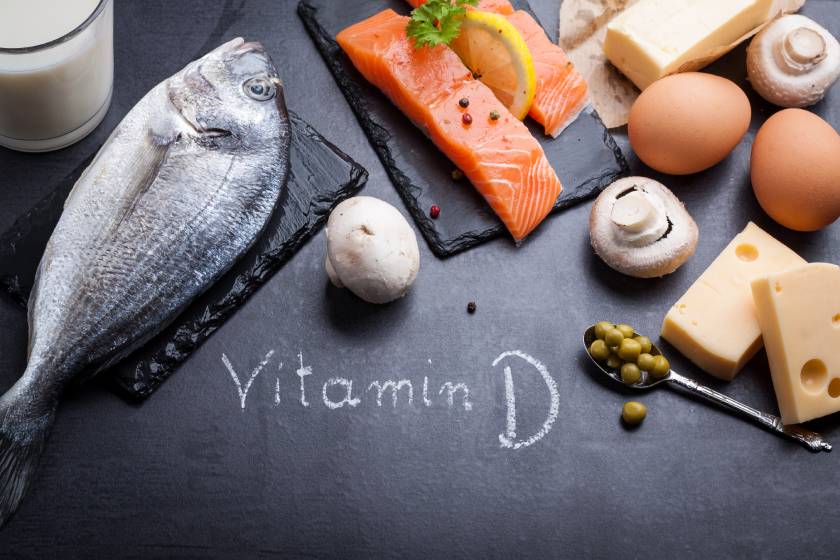It is no secret that vitamin D is an essential nutrient for our body regardless of our age. You are able to get your daily dose of vitamin D from breakfast staples like milk, eggs, fortified orange juice, mushrooms, and fatty fish. Alternatively, you can simply get a good supply of vitamin D by soaking up the sun for several minutes. Still, how much do you really know about the benefits of vitamin D? We have put together a list of the different benefits that you are set to enjoy by getting a daily dose of this nutrient.
How Is Vitamin D Different from Other Nutrients?
By first getting to know that not all vitamins and minerals work in the same way in the body, you can better understand how you can benefit from vitamin D. Vitamin D basically behaves much less than a vitamin and much more like a hormone. This means that vitamin D actually acts like a messenger instead of a participant in metabolism, possibly affecting everything from how organs function to our body weight.
How to Ensure We Have Enough Vitamin D?
The recommended daily allowance of vitamin D is 600 international units for the majority of people from ages 1 to 70. For individuals over the age of 70, 800 international units are required whereas for infants, they require 400 international units. However, it is not easy to get that much vitamin D through our diet and from the sun alone. The average amount of nutrients that we get from food and drink alone rarely exceeds 288 international units each day. Even when you drink milk that is fortified with vitamin D, you can expect to get only 100 international units for every 8-ounce glass. This is also the same situation with most plant-milk substitutes that are fortified with vitamin D.
What Does Vitamin D Do?
The effect that vitamin D has on human health remains uncertain. This is largely due to the fact that many vitamin D studies have mostly been performed on animals or were conducted in small human populations. However, some known health benefits of vitamin D are clear, up to this date.
Helps Prevent Bone Disease
Vitamin D supports the absorption of calcium which is essential to promote healthy bones. Without enough vitamin D in the body, there will be insufficient calcitriol hormones. Calcium absorption is important to enable the body to promote the growth of strong bones.
Improves Seasonal Depression Symptoms
Researchers believe that a person’s level of vitamin D in their body can affect the risk of seasonal depression. People with seasonal depression produce less vitamin D which in turn affects the activity of serotonin, a neurotransmitter. Serotonin is a feel-good hormone that can prevent you from feeling blue or experiencing mood disorders.
Protects Against Respiratory Infection
With a good level of vitamin D, you will find that you will get fewer respiratory infections such as the cold and flu. Maintaining adequate levels of vitamin D can help reduce your risk for respiratory infection by up to 12 percent.







